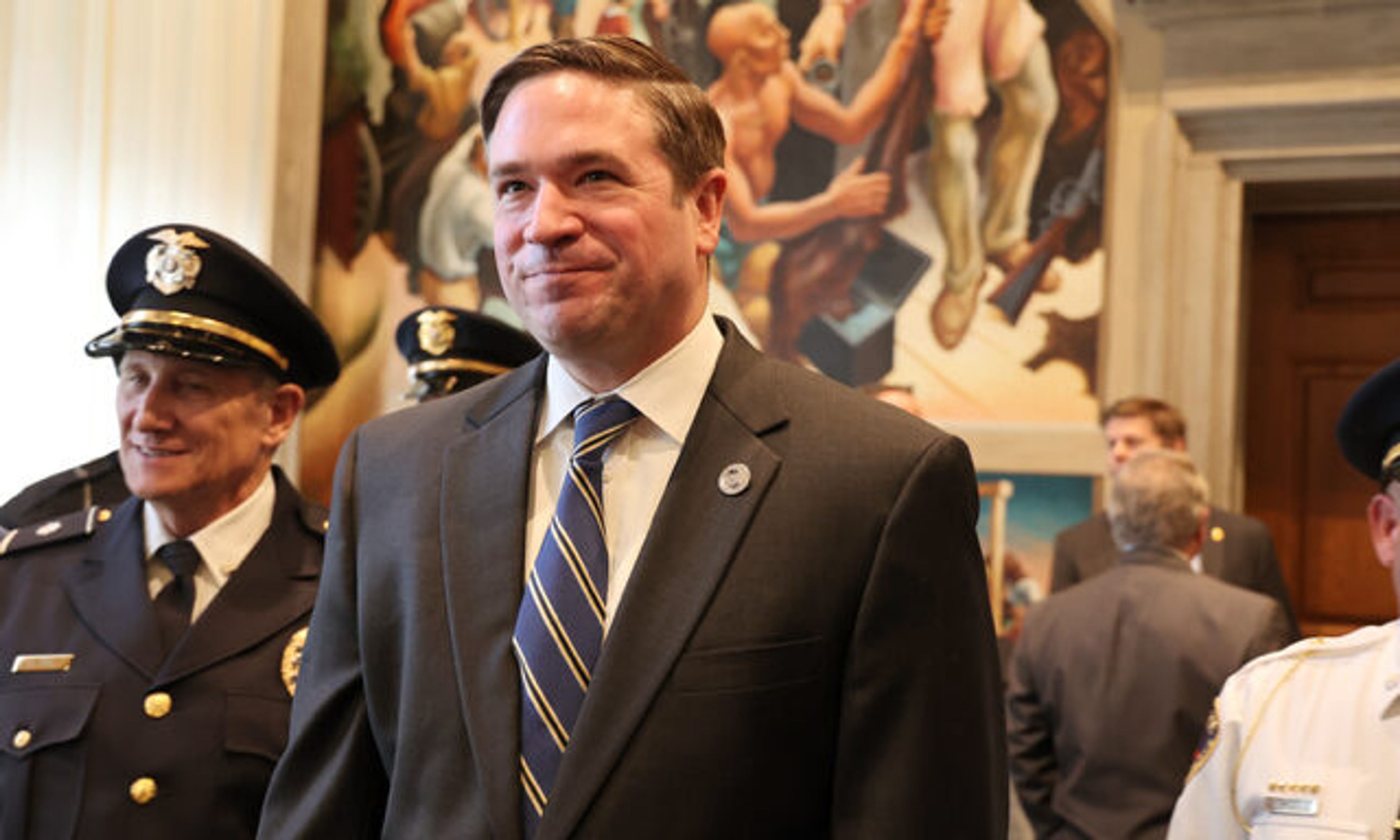U.N. Security Council votes to resume humanitarian aid
UNITED NATIONS -- The U.N. Security Council voted unanimously Friday to resume a massive U.N. humanitarian program for Iraq once the U.S.-led war subsides. It gave Secretary-General Kofi Annan authority to speed billions of dollars of food and medicine to the Iraqi people...
UNITED NATIONS -- The U.N. Security Council voted unanimously Friday to resume a massive U.N. humanitarian program for Iraq once the U.S.-led war subsides. It gave Secretary-General Kofi Annan authority to speed billions of dollars of food and medicine to the Iraqi people.
Bitterly divided over the war itself, the 15 council members united behind a resolution that empowers Annan to take practical decisions for the next 45 days about contracts valued at $10.1 billion for goods destined for delivery to Iraq.
The U.N. program, which uses Iraq's oil revenue to pay for medical supplies and food, had been feeding 60 percent of the country's 22 million people. It was suspended last week when Annan ordered U.N. staff to leave Iraq just before U.S. and British forces launched their military attack, with $2.4 billion in approved contracts for food in the pipeline.
Annan said he wants to restart the program quickly, but "obviously the military situation on the ground will dictate how quickly we get back."
Iraq's U.N. Ambassador Mohammed Al-Douri said he was delivering a letter to the council from Foreign Minister Naji Sabri rejecting the resolution. "We will consider it as ... part of the American and British war of aggression," he said.
He quoted Sabri as saying any attempt to export oil outside the existing arrangements would be regarded "as theft."
While the oil-for-food program will remain a cornerstone of the humanitarian lifeline for Iraq, the resolution makes clear that under the Geneva Conventions "the occupying power has the duty of ensuring the food and medical supplies of the population."
The United States and Britain have gotten limited quantities of food and water into southern Iraq, where some of the war's fiercest battles have been raging.
As the Security Council voted, the United Nations issued an emergency appeal for donors to provide an additional $2.2 billion in humanitarian aid to pay for food, tents, water, medicine and other humanitarian goods that aren't immediately covered by the oil-for-food program.
More than half the amount -- $1.3 billion -- would be earmarked for the U.N. World Food Program. Its spokesman, Phillip Ward, said it only knows of $270 million worth of food en route to Iraq under the oil-for-food program and wants to ensure that the country's immediate food needs will be met.
Gunter Pleuger, Germany's U.N. ambassador who chaired a week of contentious negotiations on the oil-for-food resolution, called the program "the biggest humanitarian assistance program in the history of the U.N.," and said quick implementation was crucial to preventing a disaster.
"This is a signal to the people that they are not forgotten," he said.
"Today's vote will translate into concrete results on the ground," echoed U.S. Ambassador John Negroponte.
Countries on both sides of the war -- the United States and Britain, whose forces are engaged in combat, and France, Russia and Germany, which wanted Iraq peacefully disarmed through U.N. inspections -- also stressed that the council's unity was an important result.
But the oil-for-food resolution was mainly technical and dealt only with the humanitarian issue, which draws support from countries across the political spectrum.
Far more contentious negotiations are expected over future resolutions dealing with the oil side of the oil-for-food program and the administration and reconstruction of postwar Iraq.
Britain's U.N. Ambassador Jeremy Greenstock said the resolution ultimately focused on the practicalities "without treading on political corns or political red lines."
But he warned, "On the politics of this there are still divisions."
The oil-for-food program was adopted in 1995 to help ordinary Iraqis cope with sanctions. The United Nations has been running the program in Kurdish-controlled northern Iraq but Saddam Hussein's government has been in charge in central and southern Iraq.
It has allowed Iraq to sell unlimited quantities of oil provided the money goes mainly to buying food, medicine and other humanitarian goods. Proceeds are deposited in a U.N.-controlled escrow account.
The resolution gives Annan authority to review and negotiate adjustments on contracts that have previously been approved by the Iraqi government so that food, medicine and other essential civilian needs get top priority.
According to U.N. officials, $10.1 billion worth of contracts have been approved with letters of credit issued, including $2.4 billion for food deliveries.
Benon Sevan, who heads the U.N. office administering the program, said it was spending $250 million a month for food -- so the $2.4 billion could provide food for over nine months.
The resolution does not address how Iraq can sell its oil, meaning Annan has no authority to sign oil contracts. Under current arrangements, the Iraqi state oil company decides on customers for its oil, and the government presents to the secretary-general for approval its shopping list of humanitarian goods and other items.
Connect with the Southeast Missourian Newsroom:
For corrections to this story or other insights for the editor, click here. To submit a letter to the editor, click here. To learn about the Southeast Missourian’s AI Policy, click here.








